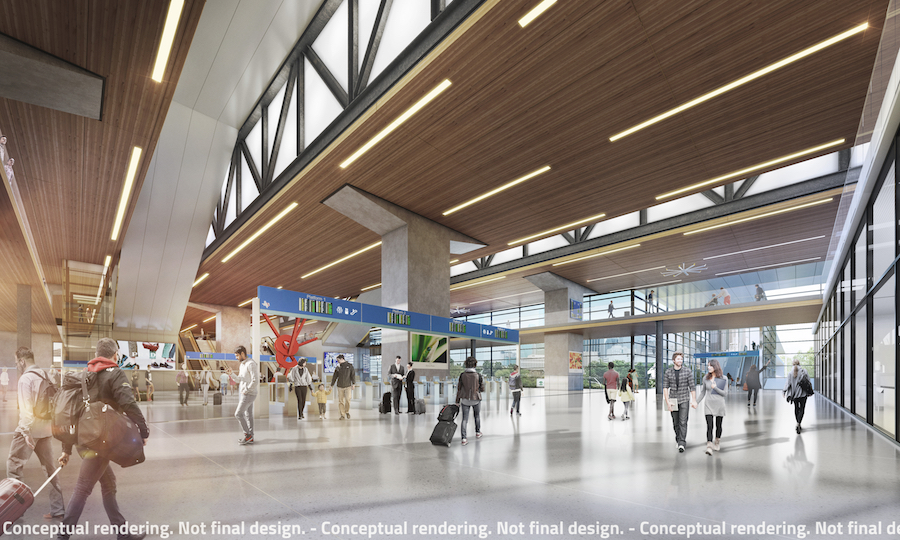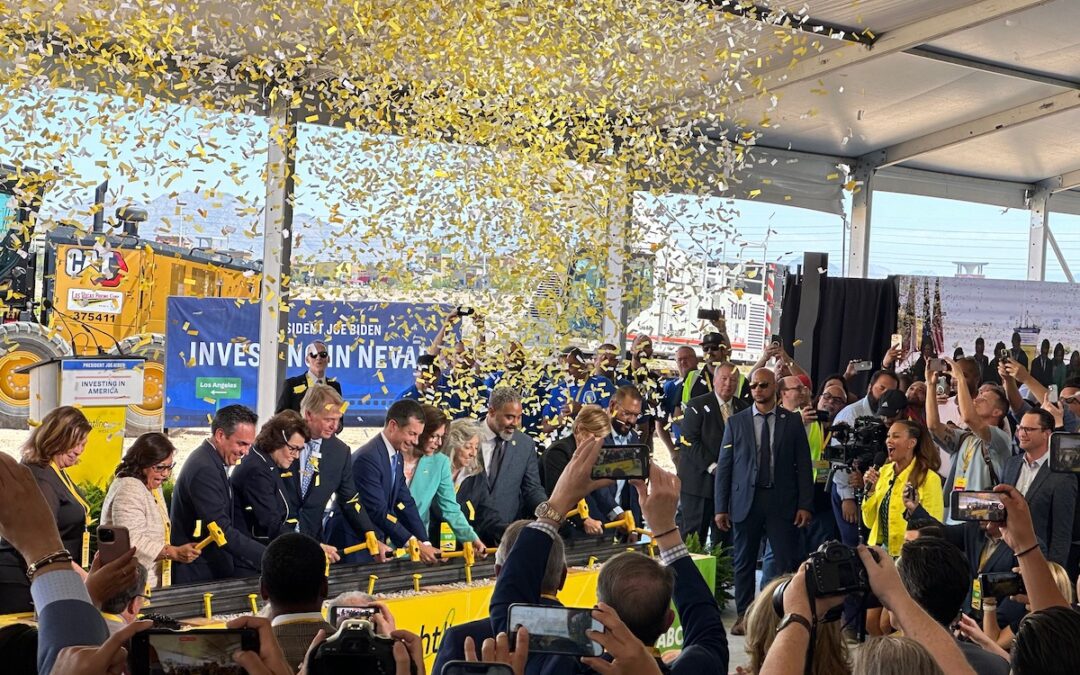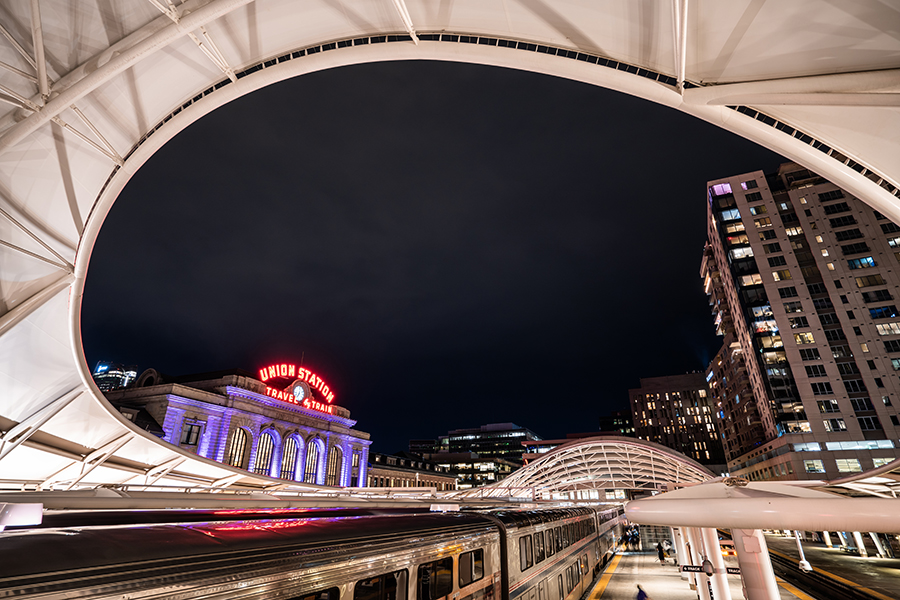The railroad Brightline today broke ground in Nevada on its new Brightline West project. Brightline will use trains traveling up to 200 miles per hour to cut the travel time between Las Vegas and Los Angeles in half. The company already operates successful trains...
The Texas Supreme Court gave the company behind a planned bullet train from Dallas to Houston a win today, potentially providing a big boost to the project.
The court affirmed by a 5-3 vote that Texas Central Railroad is an interurban electric railway company, which allows it to exercise the right of eminent domain—i.e., it can pay fair-market rates to acquire the land needed to construct the 240-mile railway.
Landowners who oppose the plan for a bullet train through central Texas filed the suit in 2020. The project has been under a cloud of uncertainty ever since. Texas Central’s former CEO, Carlos Aguilar, announced his resignation in mid-June. Although Aguilar wrote that he remained “convinced of the importance of this venture for the safety and prosperity of ALL Texans,” his departure added to uncertainty and speculation about the future of HSR in Texas.
Earlier this week, before the court released its verdict, Texas Central underscored its intentions to keep moving forward, noting that “Texas Central remains open for business under its new management, is continuing to seek further investment, and is moving forward with the development of this high-speed train. Texas Central looks forward to this Court’s opinion in this case.”
The project’s next steps are uncertain. But one thing is crystal clear: The bullet train is desperately needed.
One stretch of Interstate 45, which connects Dallas and Houston, ranks as the most dangerous road in America. Congested and deadly in the best of times, the road is a gridlocked nightmare when the region is hit by hurricanes and flooding. A world-class HSR system would help immensely with evacuation planning and execution.
And it would be a huge boon for commuters—day in and day out. One analysis found that Dallas-to-Houston was the fastest growing “super commute” in America, growing by 218 percent in just seven years. (The second fastest, San Jose to Los Angeles, grew by 153 percent.) Overall, Houston to Dallas ranked second among super-commutes in America—defined as the percentage of the workforce that super-commuted. The share for that route was 3.3 percent. Dallas to Houston ranked third, at 2.7 percent. Austin to Dallas ranked fourth, at 2.4 percent.
Meanwhile, Texas’s efforts to relieve road gridlock by building and expanding highways leads to one boondoggle after another. Most infamously, it spent $2.8 billion to widen Houston’s Katy Freeway to 26 lanes. Morning commute times spiked, as did afternoon commute times, which were soon 50 percent longer.
Undeterred, the state now plans to spend $9 billion on rebuilding and widening just 24 miles of I-45. The plans are currently on hold pending an investigation into possible civil rights violations that would be created by the project—which would demolish roughly 1,000 homes, 300 businesses, and several churches, largely in Houston’s Black neighborhoods.
The Latest from HSRA
Our Latest Blog Posts
Check out the latest news, updates, and high speed rail insights from our blog!




